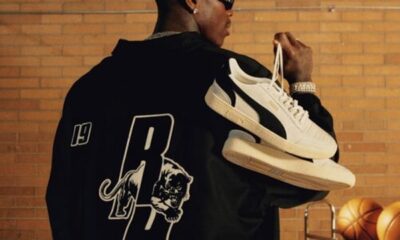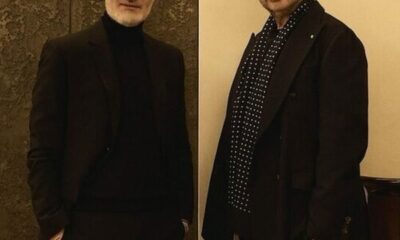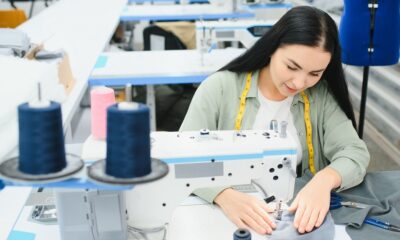Fashion
Levis Strauss UK stays strong as it boosts female-focused marketing
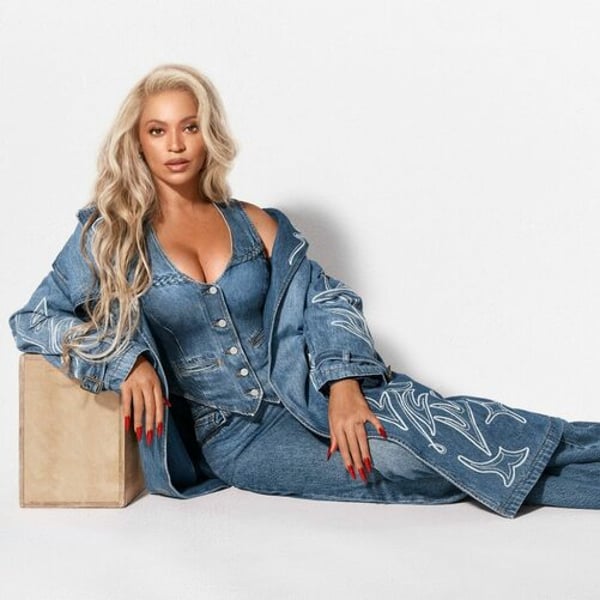
Published
August 29, 2025
Levi Strauss UK has filed its accounts for the year to the end of November 2024 and they show turnover and profit rising.
Of course, first of all we have to issue a caveat – the individual company results for a giant multinational organisation aren’t always as indicative of how companies performing in a particular geography as results from firms with a parent company based in that geography might be. But they do nonetheless give us a guide. So let’s look at the figures.
Turnover increased to £96.8 million from £89 million and operating profit rose to £7.8 million from just under £6.3 million. Profit before tax was almost £9.6 million, up from £7.7 million. And final net profit was £7.5 million, up from just under £6.9 million.
It’s also interesting that under the ‘risks’ section in the accounts the company didn’t only mention things like ongoing supply chain disruption and rising labour costs but also the “risk of rising anti-Americanism as a consequence of the Trump Tariffs and governmental policies with consumer preferences possibly shifting away from US products and brands”.
Of course, that’s hypothetical at present and doesn’t seem to be impacting the firm so far.
On the plus side, Levis Strauss said that its brand ambassador Beyoncé, with whom it launched a global marketing campaign in 2024 to last for 12 months, is expected to boost brand awareness and should allow it to reduce promotional activities both online and offline.
It also said the UK market has seen an increased investment in female-focused marketing, which should lead to increase female market share. And the company remains confident overall that its long-term strategy to build brand equity and expand the product portfolio, especially in the under-penetrated female and tops segment, should pay off.
Copyright © 2025 FashionNetwork.com All rights reserved.
Fashion
Represent x Puma in collab return with on- and off-court basketball line
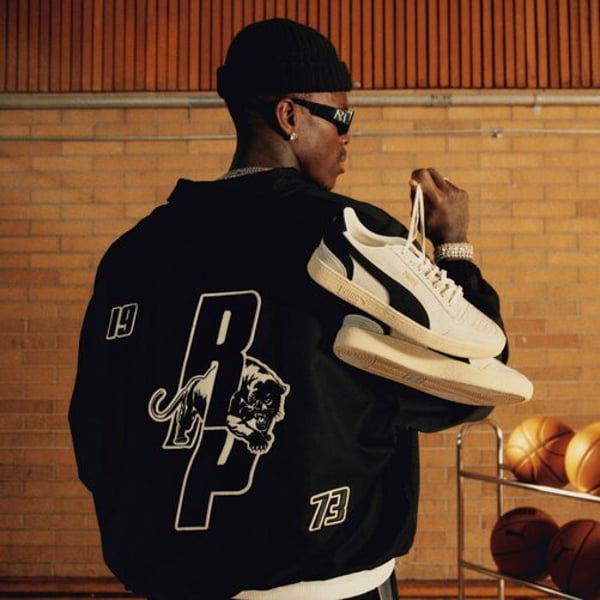
Published
January 20, 2026
Puma is continuing its fruitful fashion-meets-sport collab with UK streetwear brand Represent, this time “rewriting the playbook of basketball-inspired staples”.
Fusing “Heritage Hoops Energy with Modern Streetwear”, it brings the two brands neatly together with a campaign fronted by German NBA star Dennis Schröder who “embodies the collection’s balanced fusion of court performance and off-court style”.
The “simple yet elevated collection” spans footwear and apparel that’s “highlighted by expressive and detailed cut-and-sew designs”, as well as a fresh interpretation of Puma’s All-Pro Nitro 2 sneaker.
Its “court-ready” Jersey and Shorts debut comes with a newly designed Puma x Represent graphic, featuring mesh construction and contrasting trim “that nods to retro game-day uniforms”.
The range is, of course, accompanied by “courtside essentials” including a Graphic T-Shirt and Hoodie, “pieces that bring bold visual detailing to the championship collaboration”.
A Coach Jacket and accompanying Pants also “comprise comfortable warm-up layers with everyday wearability”.
For footwear, Puma x Represent presents a re-envision All-Pro Nitro 2, a performance design underpinned by “explosive Nitro cushioning and a lightweight Ultraweave upper”. The black and white two-tone colourway is punctuated by subtle logo hits on the heel and tongue.
Complementing one of Puma’s “most modern examples of basketball performance technology”, the collection brings “a touch of ‘80s flair with the low-top Majesty”.
Copyright © 2026 FashionNetwork.com All rights reserved.
Fashion
Bartolomeo Rongone to leave Bottega Veneta for Moncler
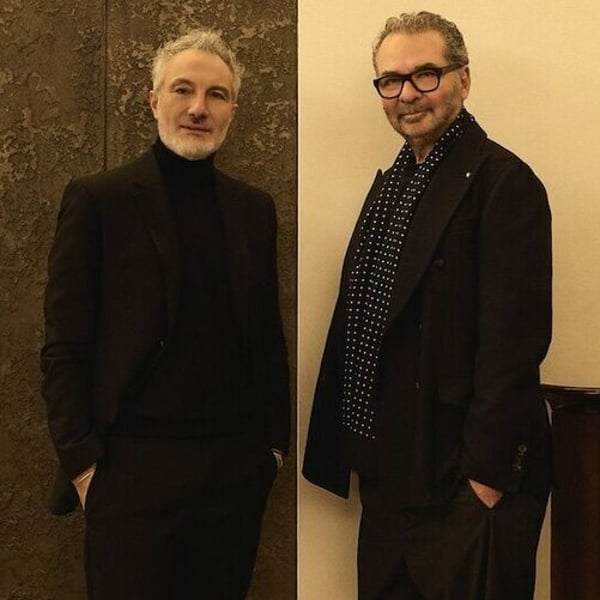
Published
January 20, 2026
In another change to Kering’s organisational structure: the group has announced that Bartolomeo Rongone, CEO of Bottega Veneta, will leave the group on March 31, 2026 to pursue new career opportunities.
The executive will step down from his role at Bottega Veneta on March 31, 2026, and will be appointed CEO of the Moncler Group with effect from April 1, 2026.
Under the Moncler Group’s new organisational set-up, Remo Ruffini will serve as executive chairman, retaining responsibility for creative direction and continuing to play a central role in governance and in shaping the group’s strategic direction.
This article is an automatic translation.
Click here to read the original article.
Copyright © 2026 FashionNetwork.com All rights reserved.
Fashion
India–Oman CEPA: A New Chapter for Textiles & Apparel
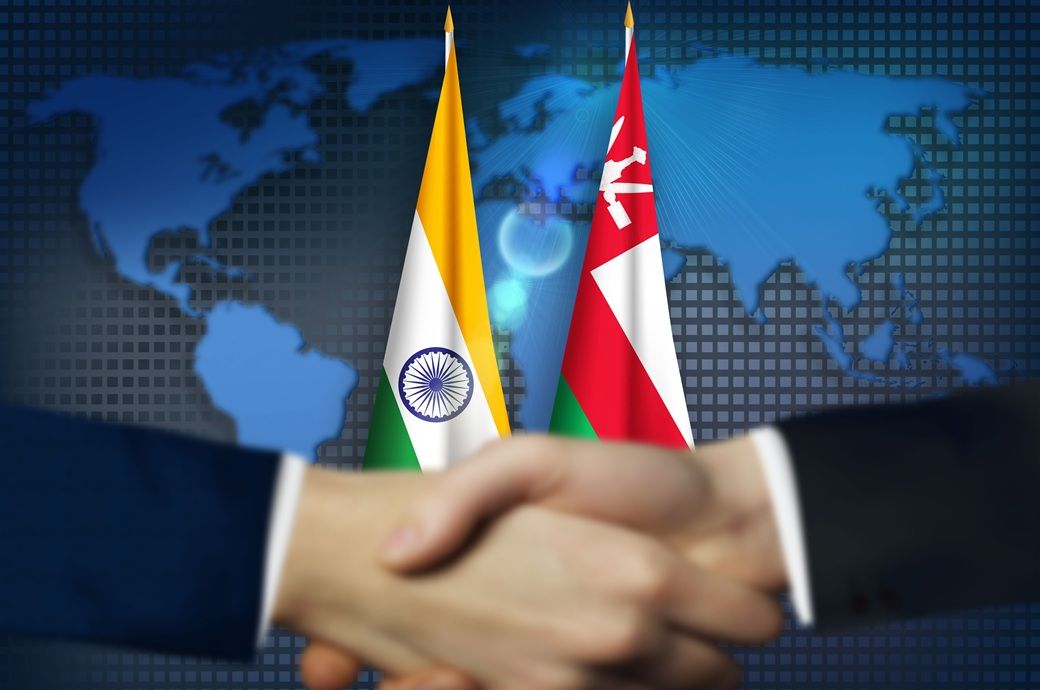
India and Oman intend to operationalise CEPA by mid-March or Q1 2026 will be the likely entry-into-force window if execution stays on track.
In scale terms, an Oman-only base case suggests incremental export gains for India, while larger upside hinges on leveraging Oman as a distribution hub, requiring investment and strategic execution beyond tariff cuts alone.
Source link
-

 Tech1 week ago
Tech1 week agoNew Proposed Legislation Would Let Self-Driving Cars Operate in New York State
-

 Entertainment1 week ago
Entertainment1 week agoX (formerly Twitter) recovers after brief global outage affects thousands
-

 Sports6 days ago
Sports6 days agoPak-Australia T20 series tickets sale to begin tomorrow – SUCH TV
-

 Politics4 days ago
Politics4 days agoSaudi King Salman leaves hospital after medical tests
-

 Business4 days ago
Business4 days agoTrump’s proposed ban on buying single-family homes introduces uncertainty for family offices
-

 Tech5 days ago
Tech5 days agoMeta’s Layoffs Leave Supernatural Fitness Users in Mourning
-

 Tech6 days ago
Tech6 days agoTwo Thinking Machines Lab Cofounders Are Leaving to Rejoin OpenAI
-
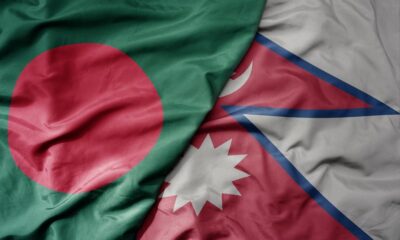
 Fashion4 days ago
Fashion4 days agoBangladesh, Nepal agree to fast-track proposed PTA


